Names are more than just labels; they carry cultural, historical, and personal significance. However, not every name is welcome everywhere. While a name might be perfectly ordinary in the United States, it could be completely off-limits in another country. Various governments have their rules about what constitutes an acceptable name, often to protect children from ridicule or to preserve cultural traditions. This list explores thirteen intriguing names banned in different countries but commonly used in America. We’ll dive into the reasons behind these bans and what they reveal about cultural norms across the globe.
1. Tom

In Portugal, the name ‘Tom’ won’t make it past the naming registry. Why? Because Portuguese law requires full names to be used rather than diminutives or nicknames. While ‘Tomás’ is acceptable, ‘Tom’ is considered too informal. This rule aims to maintain the formality and cultural significance of names. Imagine a world where every ‘Tom’ is a ‘Tomás’; it certainly adds an extra syllable! To Portuguese officials, the full form signifies respect and propriety. Meanwhile, in the U.S., ‘Tom’ is as commonplace as apple pie, embraced for its simplicity and friendliness.
2. Linda

In Saudi Arabia, the name ‘Linda’ is off the table, and this isn’t about linguistic hurdles. The name was banned as part of a government effort to preserve Saudi cultural heritage and avoid Western influence. To many Westerners, ‘Linda’ is a classic, friendly name. However, in Saudi Arabia, naming conventions align closely with specific cultural and religious considerations. So while ‘Linda’ enjoys playgrounds in America, it remains a no-go in the desert sands of Saudi Arabia. The ban reflects a broader cultural dialogue on identity and globalization.
3. Harriet
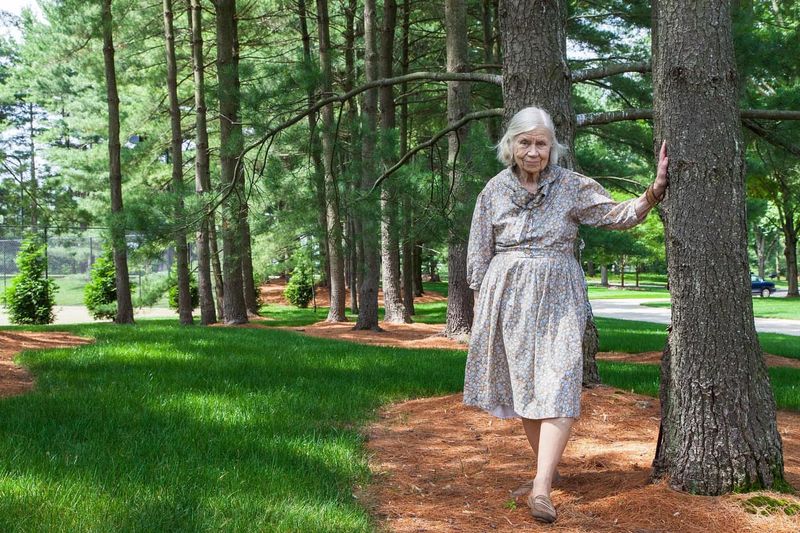
In Iceland, ‘Harriet’ didn’t make the cut due to strict naming laws that emphasize linguistic compatibility and cultural heritage. Names must fit Icelandic grammar and pronunciation. When a British couple tried to name their daughter Harriet, authorities refused to recognize it. The rationale? It doesn’t fit Iceland’s linguistic rules. Imagine the surprise for Icelandic parents who admire British names! Meanwhile, American Harriets enjoy a garden stroll as their name flourishes freely. This case highlights Iceland’s dedication to preserving its linguistic identity.
4. William
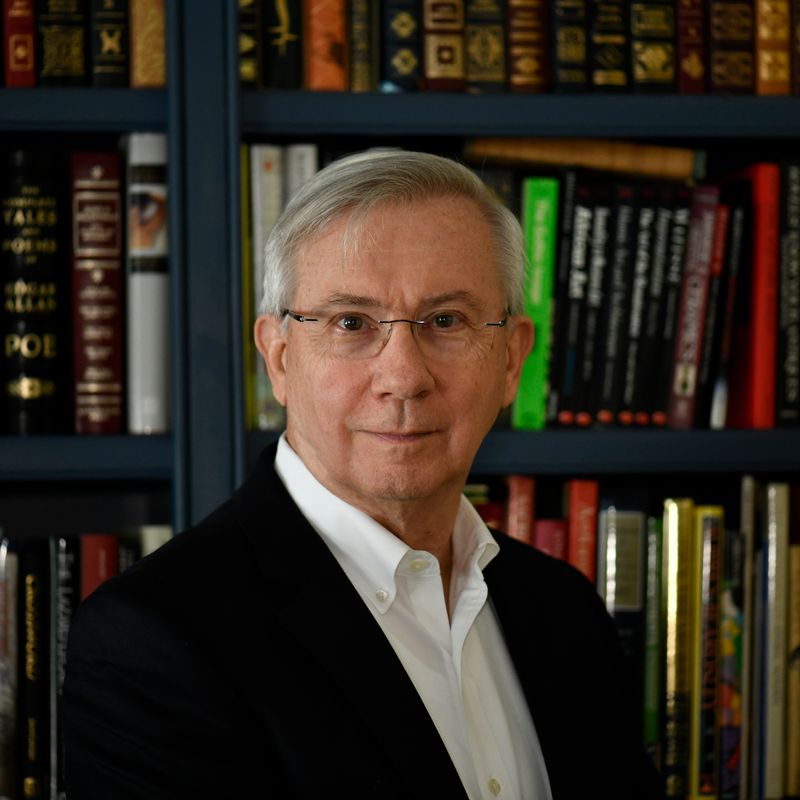
In France, names must adhere to traditional forms, and ‘William’ can pose challenges. While it’s not outright banned, French authorities might prefer ‘Guillaume,’ its French equivalent. The name William carries regal authority and historical weight, making it popular worldwide. However, French naming laws aim to preserve the French language’s integrity. So, while Americans warmly welcome ‘William’ in classrooms and boardrooms, the French might opt for its native variant. This reflects broader cultural efforts to maintain linguistic purity.
5. Gesundheit

New Zealand takes naming seriously, and ‘Gesundheit’ faces the chopping block. Known as a word to bless sneezers, ‘Gesundheit’ isn’t a name New Zealand sees fit for official records. The country aims to protect children from ridicule, ensuring names won’t cause embarrassment. In America, it’s a playful term, often used in jest after a sneeze. This difference underscores how one culture’s humor can clash with another’s legal frameworks. New Zealand’s approach showcases a commitment to preserving dignity in naming.
6. Chow Tow
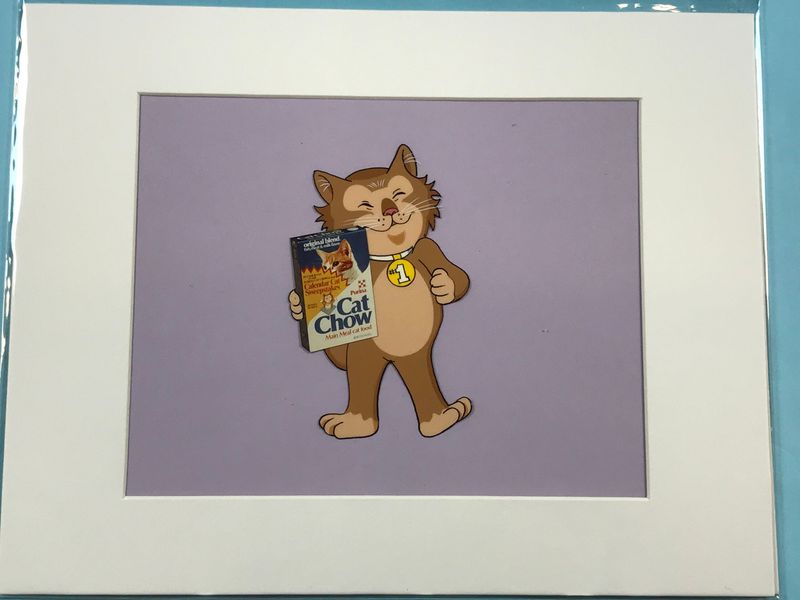
In Malaysia, the name ‘Chow Tow’ is banned due to its unfortunate meaning—’smelly head’ in Cantonese. Malaysian authorities prevent names that could lead to mockery or distress. Imagine the challenges of growing up with a name that’s essentially an insult! While ‘Chow Tow’ might sound like an exotic dish to American ears, Malaysians recognize its less-than-appealing connotations. This case highlights how linguistic awareness plays a crucial role in naming conventions. It’s a reminder that humor doesn’t always translate well.
7. Robocop

In Mexico, ‘Robocop’ was nixed from acceptable names. Inspired by the 1987 sci-fi film, parents tried to name their child after the cyborg hero. Mexican authorities intervened, concerned about potential teasing and the importance of names reflecting cultural values. While Americans might chuckle at the thought, Mexicans prioritize meaningful, culturally resonant names. ‘Robocop’ serves as a reminder of how pop culture can seep into naming trends, sometimes causing legal friction. It’s a tale of futuristic dreams meeting present realities.
8. Brfxxccxxmnpcccclllmmnprxvclmnckssqlbb11116

In Sweden, parents faced fines for attempting to name their child this cryptic sequence. Swedish law demands names that don’t cause offense or problems. The intention was to protest the naming law itself, making a bold, albeit unpronounceable, statement. While Americans might see it as a keyboard mishap, Swedes saw a legal headache. The case emphasizes the balance between parental freedom and societal norms. It’s a quirky chapter in the annals of naming controversies, highlighting how laws can inspire creativity, albeit unconventional.
9. Talula Does the Hula From Hawaii
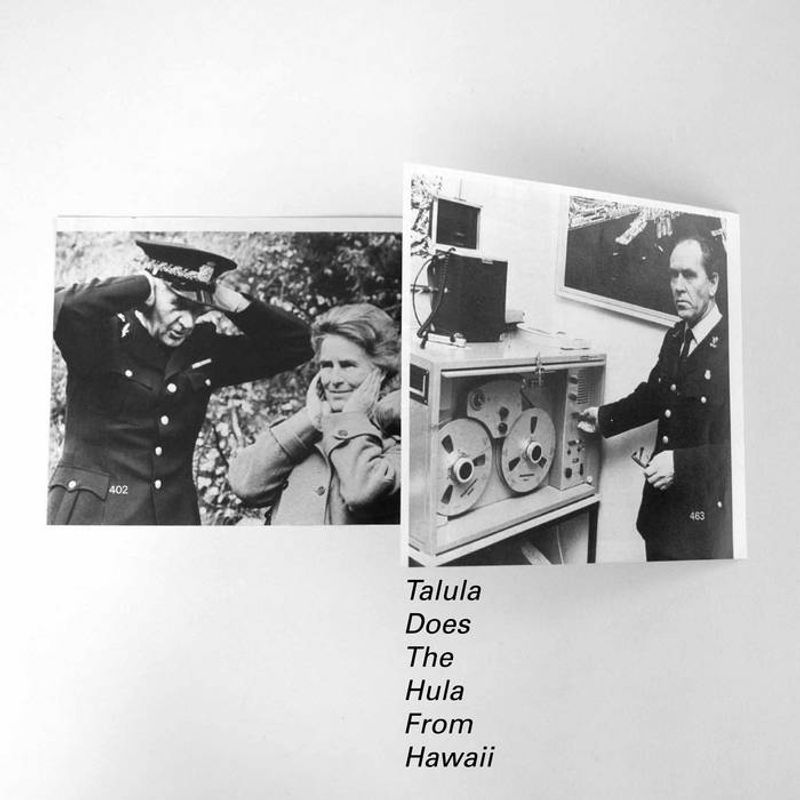
New Zealand strikes again, rejecting names that could lead to ridicule. ‘Talula Does the Hula From Hawaii’ was deemed inappropriate for official records. The name reads like a whimsical story, but it raised eyebrows among officials. It’s a reminder of how creative parents can get, though not all creativity is embraced legally. While Americans might appreciate the humor, New Zealand opts for names less likely to draw snickers in schoolyards. This reflects a cultural focus on protecting children’s dignity.
10. Messiah

In the U.S., ‘Messiah’ might turn heads but remains permissible. However, in Germany, this name doesn’t pass muster. The reasoning? It’s considered a title rather than a personal name, with significant religious implications. German authorities seek to avoid names that bear undue weight or could offend religious sentiments. Meanwhile, in America, ‘Messiah’ finds its place among unique and bold name choices, reflecting diverse cultural influences. This case illustrates the intersection of faith, identity, and naming laws.
11. Smelly Head
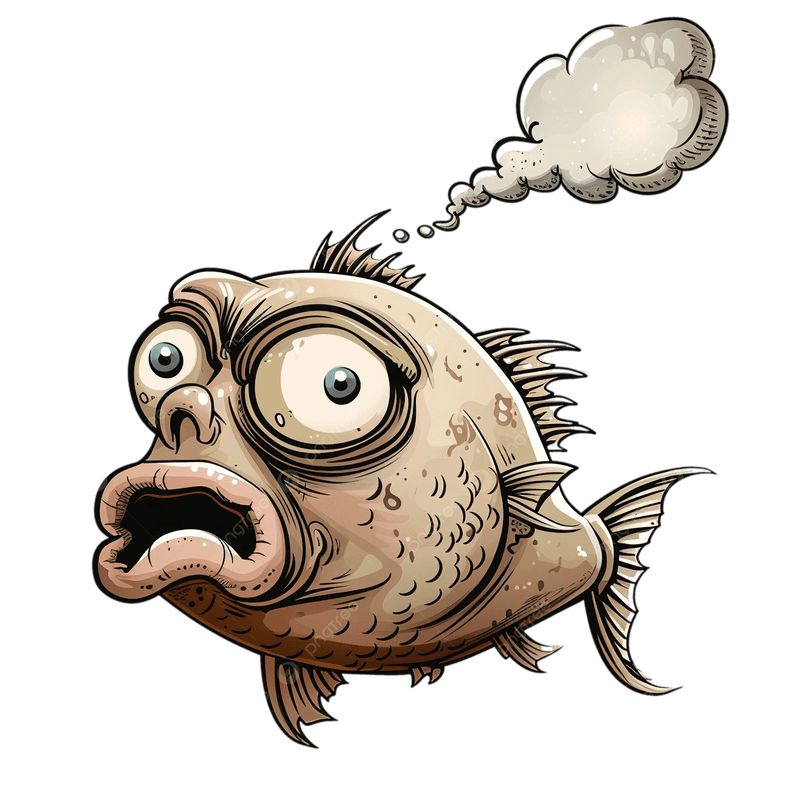
In Malaysia, nicknames that translate into ridicule are strictly prohibited, and ‘Smelly Head’ is no exception. This direct translation of ‘Chow Tow’ highlights Malaysia’s dedication to protecting children from potential embarrassment. Names carry significant weight, and authorities aim to prevent teasing that could stem from unfortunate translations. While Americans might never consider such a name seriously, it serves as a reminder of how cultural sensitivity influences naming practices worldwide. It’s a testament to Malaysia’s proactive approach to ensuring respectful identities.
12. Cyanide

In the UK, ‘Cyanide’ was banned after a mother attempted to name her child after the poison. British authorities stepped in, citing concerns over the name’s potential psychological impact. Such a choice raises questions about parental rights versus a child’s well-being. ‘Cyanide’ might sound edgy or unique, but it carries baggage that could be harmful. The case underlines the delicate balance between creativity and responsibility in naming. In America, it’s unlikely to catch on, but it sparks important discussions about identity.
13. Duke
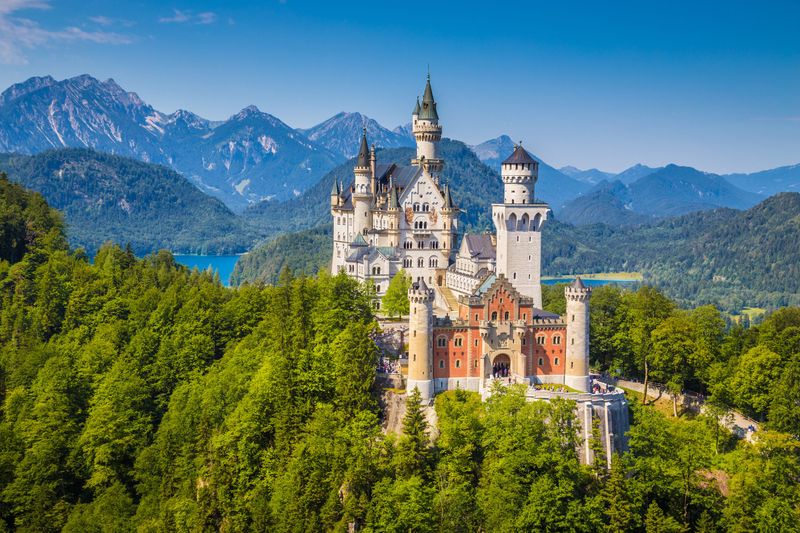
In Australia, titles like ‘Duke’ are off-limits as given names. The rationale? Such names imply nobility or rank, and Australian naming laws aim to avoid confusion with official titles. Imagine a classroom roll call with a little ‘Duke’ among peers! While Americans embrace ‘Duke’ for its strong and classic appeal, Australians prioritize clarity and distinction in social roles. This reflects broader efforts to maintain equity and respect in naming practices. It’s a name that, despite its allure, faces bureaucratic hurdles down under.

Well, hello there!
My name is Jennifer. Besides being an orthodontist, I am a mother to 3 playful boys. In this motherhood journey, I can say I will never know everything. That’s why I always strive to read a lot, and that’s why I started writing about all the smithereens I came across so that you can have everything in one place! Enjoy and stay positive; you’ve got this!

